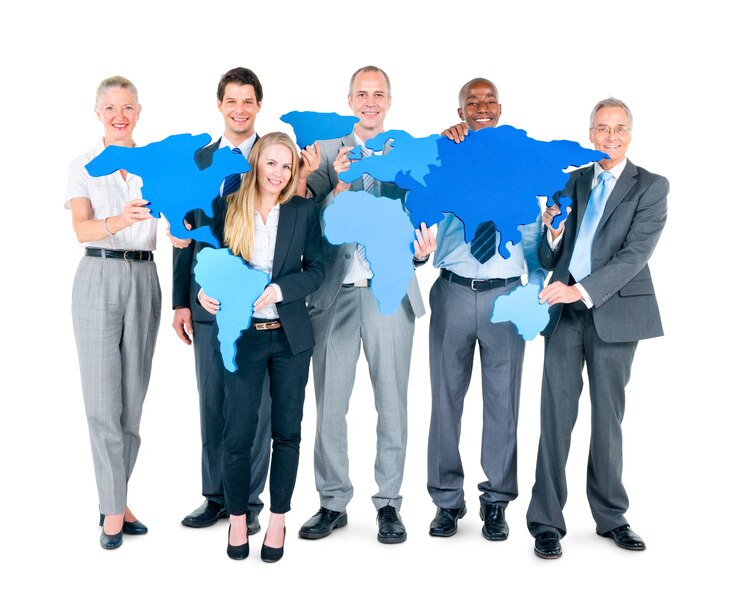Developed countries working on microsoft project for nonprofits
Developed countries working on microsoft project for nonprofits
Submit your Nominations for Country Director on info@aiuno.org
In developed countries, nonprofit organizations often collaborate with Microsoft Project for Nonprofits to access various resources and technology solutions that can enhance their effectiveness in addressing social and community challenges. Here are some ways in which nonprofits in developed countries work with Microsoft Project for Nonprofits:
- Access to Software and Cloud Services: Nonprofit organizations in developed countries can access Microsoft’s software and cloud services at reduced costs or for free. This includes tools like Microsoft Office 365, Azure, and more, which can improve productivity and efficiency.
- Digital Transformation: Nonprofits utilize Microsoft’s technology solutions to embark on digital transformation initiatives. This may involve automating processes, managing data more effectively, and enhancing online presence to reach and serve their target beneficiaries.
- Data Analytics and Reporting: Microsoft’s data analytics tools, such as Power BI, enable nonprofits to analyze data and generate insights to make informed decisions and track the impact of their programs.
- Collaboration and Communication: Microsoft Teams and SharePoint facilitate collaboration among nonprofit staff and volunteers, making it easier to work on projects, share information, and engage with stakeholders.
- Cybersecurity and Data Protection: Nonprofit organizations prioritize data security and privacy. Microsoft’s cybersecurity tools help protect sensitive information and ensure compliance with data protection regulations.
- Fundraising and Donor Management: Microsoft Dynamics 365 for Nonprofits supports organizations in managing donors, grants, and fundraising campaigns, helping them build and maintain relationships with supporters.
- Skills Development: Microsoft offers training and resources to nonprofit staff and volunteers, enabling them to develop the technical skills necessary to make the most of Microsoft’s technology solutions.
- Community Outreach and Engagement: Nonprofits in developed countries use Microsoft technology to engage with their communities, beneficiaries, and volunteers. This can include the use of social media, email marketing, and digital communications.
- Accessibility Initiatives: Microsoft supports accessibility efforts, allowing nonprofits to ensure that their digital resources and services are accessible to people with disabilities.
- Capacity Building: Microsoft Project for Nonprofits assists organizations in developing their capacity to use technology effectively, innovate, and streamline operations.
- Corporate Partnerships: Some developed countries have programs in which corporate partners collaborate with nonprofits to provide additional support and resources, including technology solutions.
Nonprofit organizations in developed countries often face unique challenges related to scaling their operations, ensuring transparency, and meeting compliance requirements. Microsoft Project for Nonprofits helps address these challenges by providing access to resources that enhance their capabilities and impact.
Please note that the specific offerings, eligibility criteria, and available resources may vary by region and over time. Nonprofits interested in working with Microsoft Project for Nonprofits should visit the official Microsoft website or contact Microsoft directly to learn about the current programs and opportunities available in their respective regions.
Climate solutions accelerator program
American jewish world services
Women’s peace and humanitarian fund
Business plan tools for startups
Internally displaced persons ukraine






Leave a Reply